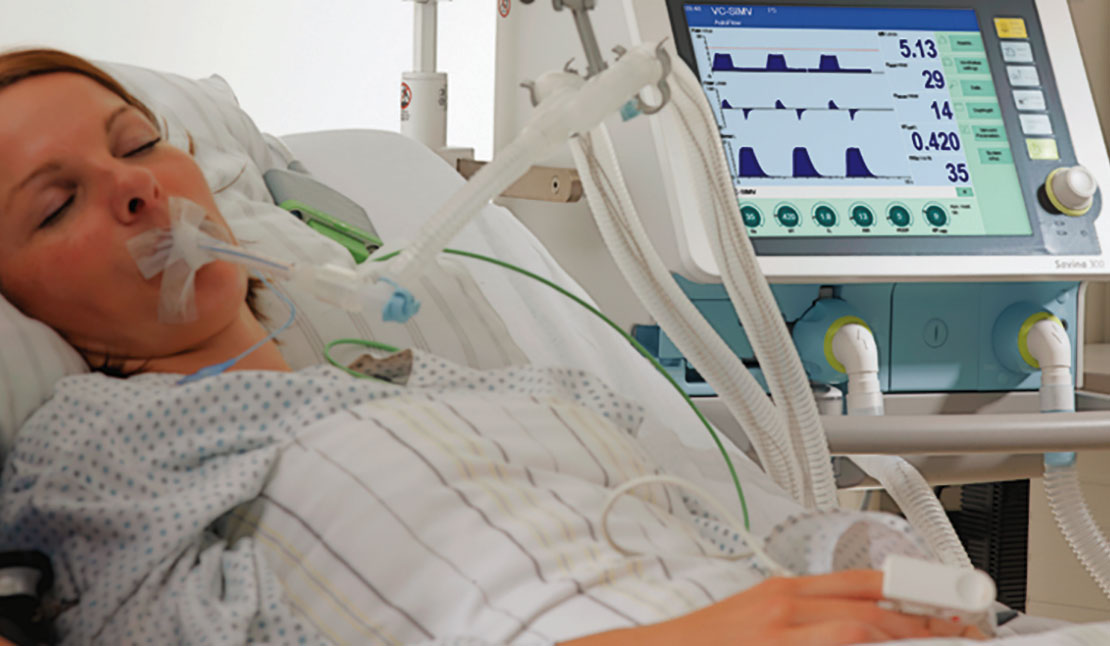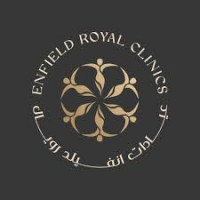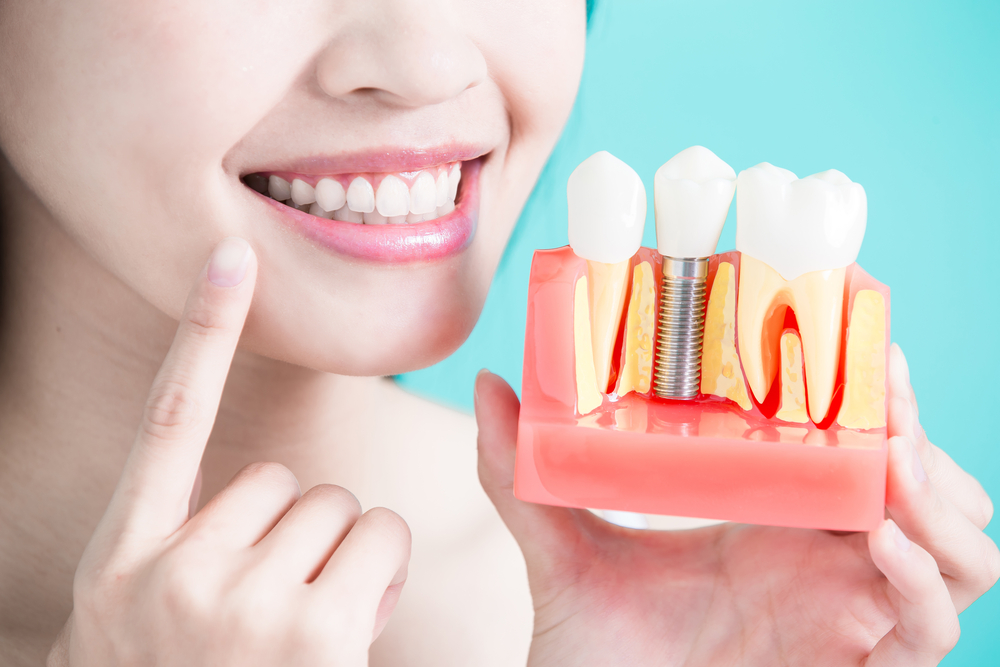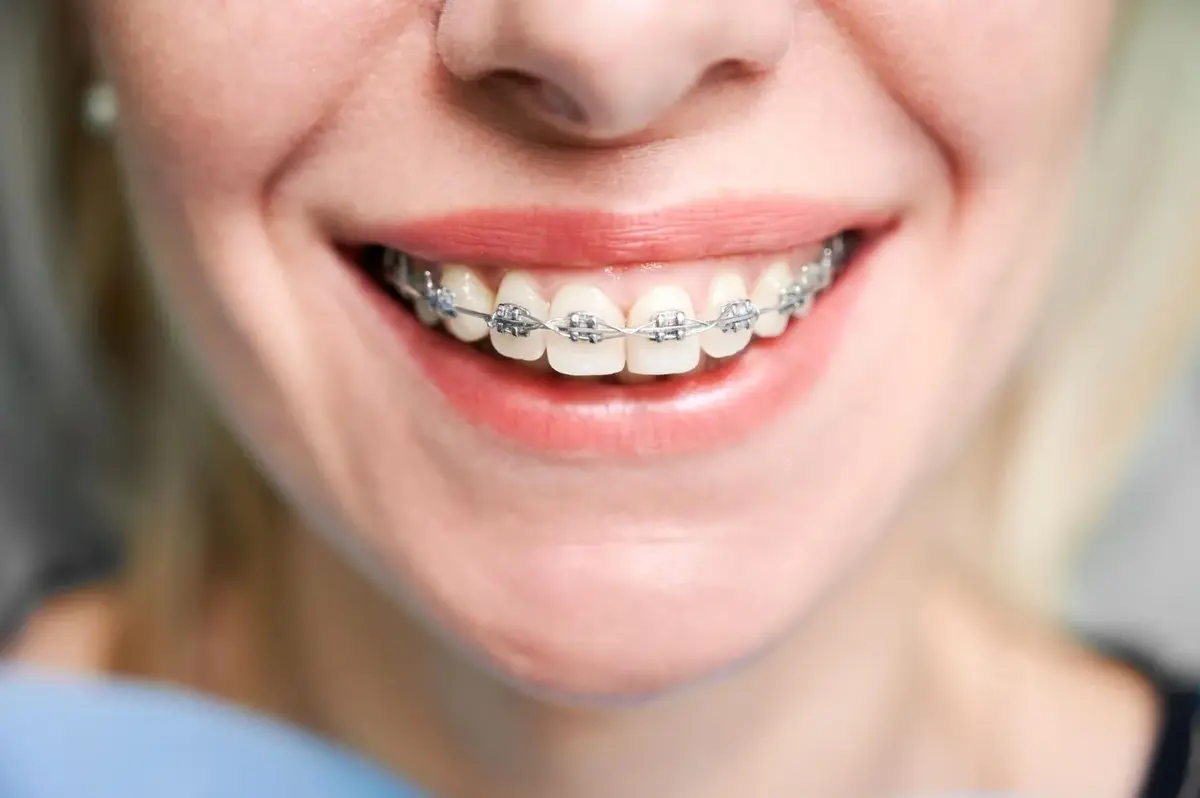What Equipment Is Needed for Home Ventilator Care in Dubai?

Strong 8k brings an ultra-HD IPTV experience to your living room and your pocket.
Providing Ventilator Care at home in Dubai requires more than just a machine — it demands a comprehensive setup to ensure safety, comfort, and medical precision. As home-based intensive care grows in popularity in the UAE, especially Ventilator Care at home in Dubai, understanding the right equipment and its usage has become essential for patients and caregivers alike.
Whether the need arises from a chronic illness, post-surgical recovery, or long-term respiratory support, equipping your home properly can make a significant difference in the quality of life for ventilator-dependent individuals. Let’s explore what you need to know.
Breathing Easier at Home
With Dubai’s advanced healthcare landscape, more families are choosing home-based care to avoid the stress and high costs of prolonged hospital stays. Ventilator care at home in Dubai is increasingly recognized for its comfort, privacy, and efficiency. But before transitioning a patient from hospital to home, it's vital to know the essential medical devices required for a seamless experience.
This guide outlines all the major equipment needed, the benefits of home ventilator setups, and how patients in Dubai are experiencing better outcomes through personalized, monitored care in the comfort of their homes.
1. The Core of Home Ventilator Care: The Ventilator Machine
At the heart of the setup is the mechanical ventilator itself. This device supports or completely takes over the patient’s breathing. Based on medical needs, the ventilator may be:
Invasive (connected via a tracheostomy)
Non-invasive (using masks or nasal interfaces)
Modern home ventilators used in Dubai are compact, portable, and equipped with touchscreen displays for real-time monitoring. Features often include pressure control, volume control, alarm systems, and battery backup.
2. Power Backup Systems
Dubai’s infrastructure is highly reliable, but uninterrupted power is critical for ventilator support. Home ventilator care includes:
UPS systems (Uninterruptible Power Supply)
External battery packs
Backup generators (especially for long-term care)
These ensure that power disruptions don’t compromise the patient's respiratory function.
3. Airway Management Tools
Airway clearance is crucial for patients on ventilators. Equipment often includes:
Suction machines: Remove secretions from the lungs and airway
Humidifiers and nebulizers: Prevent dryness and provide medication directly into the lungs.
Het Moisture Exchangers (HME): Help humidify the air for patients using invasive ventilation.
Tracheostomy kits and spare tubes: For emergency replacements or daily care.
These tools support effective respiratory hygiene and reduce the risk of infections.
4. Monitoring and Alarm Systems
For safe Ventilator Care at home in Dubai, monitoring is essential. Devices include:
Pulse oximeters: Measure blood oxygen levels.
Capnography monitors: Track carbon dioxide levels.
Multifunction vital sign monitors: Monitor heart rate, respiratory rate, and blood pressure.
Ventilator alarms: Built into the machine to alert caregivers of disconnections, low oxygen levels, or system failures.
Many healthcare providers also offer remote telemetry so doctors can monitor the patient’s condition 24/7.
5. Bed and Positioning Aids
Patient comfort plays a huge role in recovery and care outcomes. Equipment includes:
Adjustable hospital beds
Anti-bedsore air mattresses
Positioning pillows
Over-bed tables and lifting aids
These support comfort, reduce the risk of bedsores, and make caregiving easier.
6. Hygiene and Infection Control Equipment
Preventing infections is a top priority. Hygiene equipment includes:
Hand sanitizers and gloves
Sterilization kits
Closed suction systems
Disposable ventilator tubing and masks
Following strict hygiene protocols is essential in home settings to mimic the sterile environment of a hospital.
7. Oxygen Supply and Backup
Some patients require supplemental oxygen in addition to ventilation. Equipment includes:
Oxygen concentrators
Oxygen cylinders
Flow meters and humidifiers
Oxygen tubing and nasal cannulas
These are often paired with ventilators to optimize respiratory function, especially during sleep or physical activity.
8. Feeding and Hydration Support
Patients on ventilators, especially those with tracheostomies, may require alternative nutrition methods:
Feeding pumps
Enteral feeding tubes (PEG or NG tubes)
IV hydration systems
These ensure patients receive adequate nutrition without compromising respiratory care.
9. Emergency Medical Supplies
Always have emergency tools on hand, including:
Ambu bags (manual resuscitators)
Portable suction units
First-aid kits
Backup tracheostomy tubes
Quick access to these can make the difference during sudden emergencies while awaiting medical help.
Benefits of Ventilator Care at Home in Dubai
Choosing ventilator care at home in Dubai comes with multiple advantages:
Comfort and familiarity: Healing in a home environment reduces anxiety and promotes emotional well-being.
Lower risk of hospital-acquired infections
Personalized care plans
Cost-effective in the long run
Flexible family involvement in care
Patients and families benefit from the support of trained caregivers and remote medical monitoring.
Post-Setup Support and Caregiver Training
Setting up the equipment is just the beginning. Healthcare providers in Dubai offer:
Caregiver training on machine operation, tracheostomy care, emergency procedures, and hygiene.
Regular equipment maintenance
24/7 on-call medical teams for emergencies or troubleshooting
Telehealth support for ongoing consultations and ventilator adjustments
This ongoing support ensures both the patient and caregiver are confident and equipped for day-to-day management.
Two Common Types of Home Ventilator Treatments in Dubai
1. Long-Term Ventilator Support for Chronic Illness
Patients with conditions like ALS, spinal cord injuries, or advanced COPD may require full-time ventilation support at home. These setups are highly customized, often involving invasive ventilators, constant monitoring, and multi-specialty support.
2. Temporary Ventilator Care Post-Surgery or Illness
This includes patients recovering from lung surgeries, COVID-related complications, or neurological conditions. In such cases, home ventilator care is used short-term until the patient regains independent breathing capability.
Both treatments can be delivered safely and efficiently in a home setting, provided all essential equipment and trained support are in place.
Final Thoughts
With the right equipment and professional guidance, Ventilator Care at home Dubai offers a safe, comfortable, and effective alternative to prolonged hospital stays. Whether for short-term recovery or long-term care, a well-equipped home can serve as a healing environment that supports both physical and emotional well-being.
Investing in proper tools and trained care ensures patients receive the highest level of support—right where they feel most at peace: home.
Note: IndiBlogHub features both user-submitted and editorial content. We do not verify third-party contributions. Read our Disclaimer and Privacy Policyfor details.







